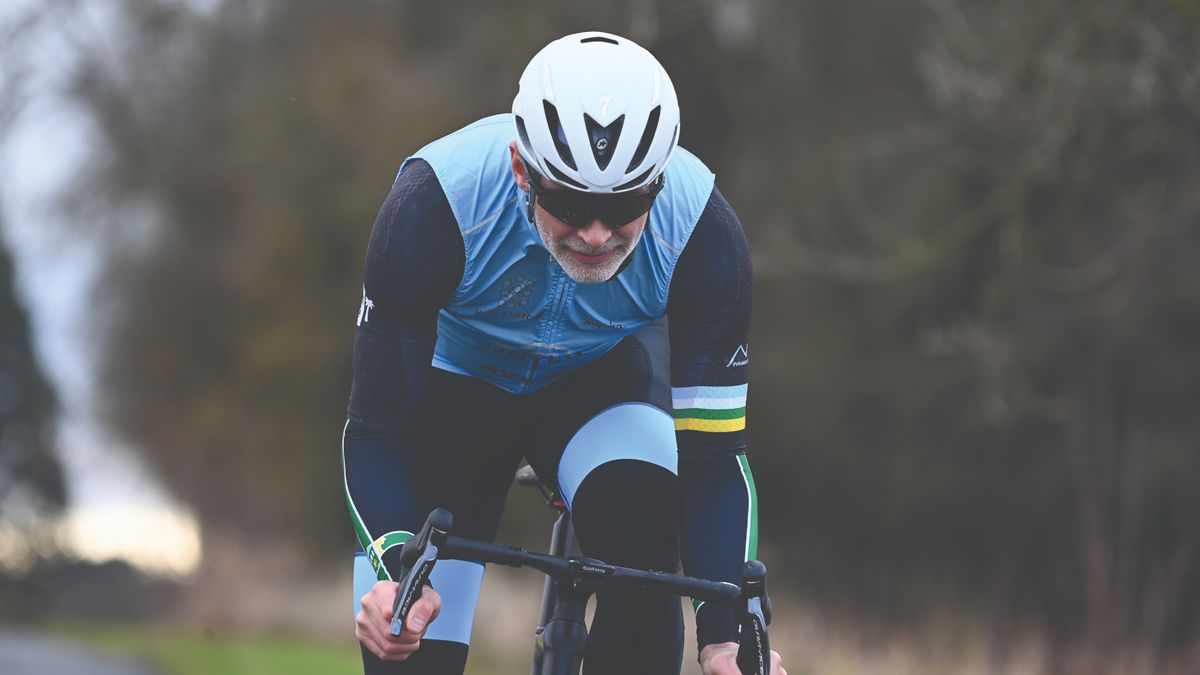
So the key advice for this age of cyclist is to avoid high training loads while the hormone networks settle into adult patterns.
To let your hormones work their full magic, we must return to Hippocrates’s advice: you need to find your personal healthiest balance between training, rest and cycling nutrition.
And don’t forget the importance of sleep for optimal cycling performance – after all, it is when we’re asleep that many of the performance-building hormones, such as growth hormone, are secreted.
When this happens, we have insufficient energy to keep hormone networks working smoothly and the body by necessity switches into energy-saving mode and down-regulates hormones.
Hence, young adult cyclists need to maintain a personalised, periodised approach to all aspects of their schedule: the training itself, as well as the cycling nutrition and recovery that supports it. .
In particular, for both men and women, reducing levels of the anabolic hormones growth hormone and testosterone means that to maintain performance it is important to modify training and nutrition.
Strength training becomes a priority to maintain muscle mass and a favourable body composition.
Combining this with adequate protein intake – at least 1.2g per kilo of bodyweight per day – will mitigate the tendency to lose muscle strength in the face of reducing hormone levels.
Cyclists moving into the older masters cycling ranks, from around age 60, should be aware that anabolic hormones continue to declineThere is good evidence that doing strength training has beneficial effects on body composition, muscle mass and bone strengthOne study involving a group of men in their 70s found that resistance training improved their muscle strength to rival that of untrained men aged 25!
Equally important research on women who strength-train maintain greater bone mineral density and even height compared to women of the same age who do no strength workIf you can, you should keep cycling, as there is increasing evidence that being a Masters athlete stands you in good stead to resist the effects of reduced hormones in old age
Plus, continuing with some form or strength training is very helpful to resist the tendency to lose muscle mass and function
Training and recovery out of whack: Suboptimal hormone function can be caused by imbalances in cyclist behaviours around training, nutrition and recovery